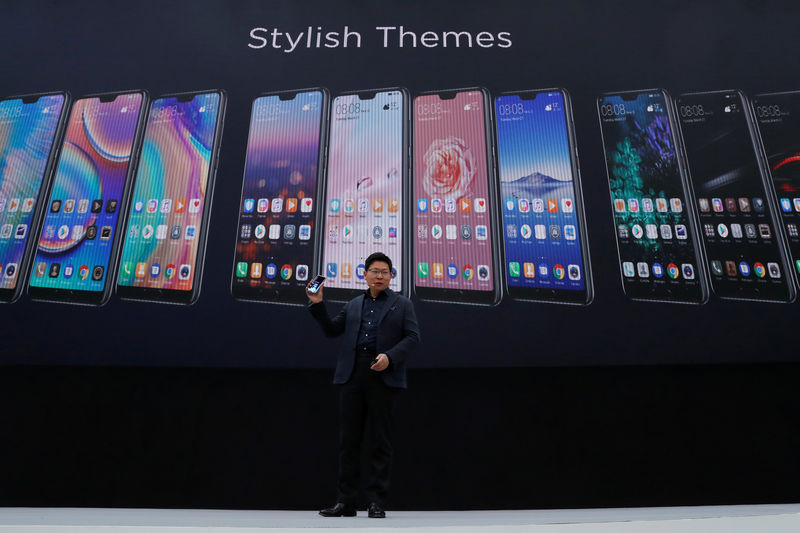In an effort to strengthen their global tech presence amid stiff competition, China's two largest smartphone makers, Huawei Technologies and Xiaomi (OTC:XIACF) Corp, have finalized a global patent cross-licensing deal on Monday. The agreement covers various next-generation technologies, including 5G, marking an end to the ongoing dispute between the two tech giants.
The disagreement had involved four Huawei patents related to 4G and handset technologies. Huawei had earlier accused Xiaomi of breaching patent norms that covered the 4G LTE standard, smartphone photography, and a screen-lock security method. Xiaomi had attempted to invalidate the screen-lock patent in April but was denied by the China National Intellectual Property Administration in September.
Alan Fan, Head of Huawei's Intellectual Property Department, expressed satisfaction over the resolution. "This licensing agreement once again reflects the industry’s recognition of Huawei’s contributions to communications standards and will help us enhance our investment in researching future mobile communications technologies," Fan said on Monday.
Echoing similar sentiments, Xiaomi’s General Manager of Corporate Business Development and IP Strategy Ran Xu stated that the agreement showed mutual recognition and respect for each other's intellectual property.
According to data from German Intelligence firm IPlytics, as of April 2022, Shenzhen-based Huawei owned the most significant number of 5G patents worldwide.
Both companies are now poised to compete against global players like Apple (NASDAQ:AAPL) and Samsung (KS:005930) in the premium segment, particularly in the realm of 5G phones. Huawei recently launched its flagship Mate 60 Pro with 5G connectivity, leveraging a China-made processor – Kirin 9000s. This move has been seen as a symbol of triumph against US chip restrictions.
Meanwhile, Xiaomi is reportedly hiring a broad range of chipset engineers, sparking speculations about its own System-on-a-Chip (SoC) developments. As part of what the company's CEO Lei Jun has termed as "strategic technology upgrade" program, Xiaomi plans to invest a total of $13.7 billion into R&D over the next five years.
Huawei, on its part, has invested over 977 billion yuan in R&D over the past decade, as it seeks to navigate US sanctions and reestablish itself in the global smartphone market.
This article was generated with the support of AI and reviewed by an editor. For more information see our T&C.
